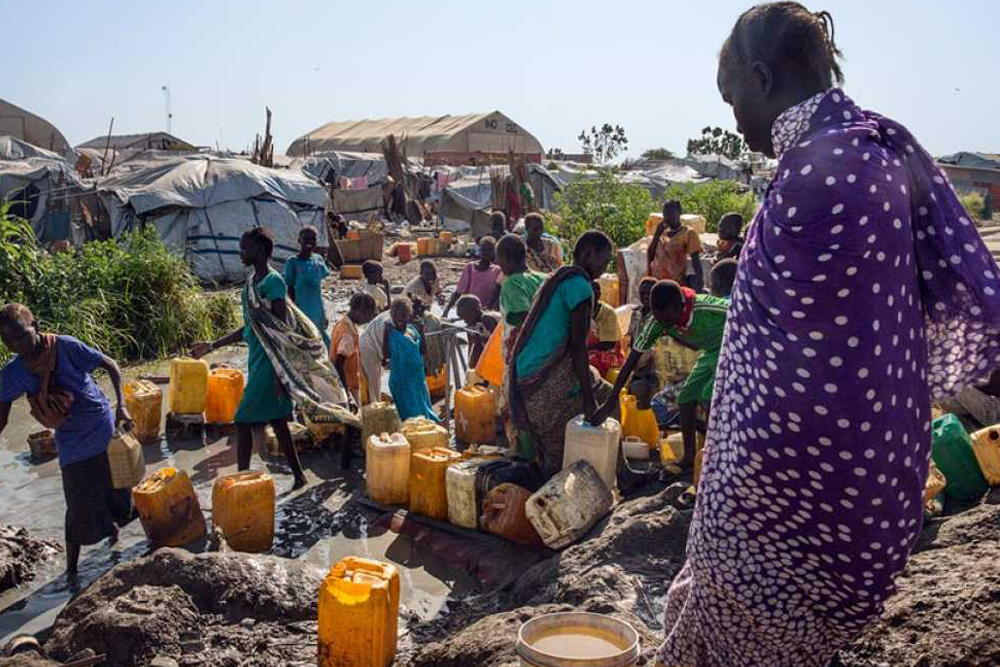HIV/AIDS Treatment Adherence in Economically Better Off Women in Colombia

This study was conducted with funding from the Pontificia Universidad Javeriana Cali, Colombia. The authors also acknowledge the support of Paula Andrea Hoyos, Researcher of the Health and Quality of Life Research Group of the same university (COLCIENCIAS, Colombia, Category A), who participated in the data collection.
El SIDA se incuba en la pobreza y la inequidad social

“La manera más eficaz de combatir la epidemia radica, no en el tratamiento con drogas o en contar con una vacuna, sino en combinar esas posibilidades con el garantizar a las poblaciones vulnerables, adecuada nutrición, agua potable, y cuidados de la salud” Luc Montagnier
AIDS Thrives in Poverty and Social Inequity

“Most efficient way to fight the epidemic lies not in drug treatments or in having a vaccine, but rather in combining these possibilities with a plan to guarantee vulnerable populations adequate nutrition, potable water and medical care.” Luc Montagnierthe
Applying an expanded social determinant approach to the concept of adherence to treatment: the case of colombian women living with HIV/AIDS.

These findings underscore the need to understand the social determinants that facilitate and/or hinder adherence among women in poverty-associated conditions. Results indicate the need to facilitate access to treatment on a timely and continual basis; provide economic resources, including support to meet basic needs as well as subsidies for transportation to health care centers; and explore mechanism for supporting the care of their offspring.
Social position, gender role, and treatment adherence among Colombian women living with hiv/aids: social determinants of health approach

Mejorar la adhesión de las mujeres al tratamiento para el VIH/sida en Colombia requiere eliminar barreras al sistema nacional de salud, brindar servicios integrales e implementar programas que tomen en cuenta el papel de las mujeres como madres cuidadoras de enfermos. Estos resultados subrayan la necesidad de integrar variables relacionadas con la inequidad de género y la posición social al análisis de la adhesión al tratamiento, como promueve el enfoque de determinantes sociales de la salud.






